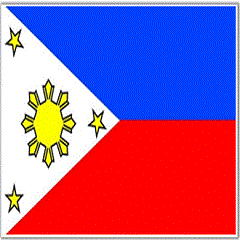CASE: J-1 Waiver of the Two-Year Foreign Residency Requirement, Extreme Hardship
NATIONALITY: Filipina
LOCATION: Roswell, NM
Our client came from the Philippines as a J-1 teacher. She was subject to the two-year foreign resident requirement. Our client wanted to file her adjustment of status along with her US citizen spouse’s I-130 petition; however, due to the two-year foreign residency requirement, she had to obtain a waiver first.
Unlike our other J-1 clients, our client could not pursue her waiver under the No Objection Statement or Interest Government Agency (IGA.) She wanted to pursue her J-1 waiver with the fact that her U.S. citizen spouse is experiencing exceptional medical hardships.
Some of the factors in analyzing extreme hardship are as follows: age of the subject, family ties in the U.S. and abroad, length and residency in the U.S., health / medical conditions, conditions in the country of removal – economic and political, financial status – business and occupation, position in / ties to the community. Matter of Anderson, 16 I&N Dec. 596 (BIA 1978).
After she retained our firm, we filed a waiver request on an exceptional hardship basis. On March 9, 2021, the J-1 Waiver Application was filed to the Department of State. Thereafter, our office prepared an affidavit from our client, an extensive brief in support of our client’s J-1 waiver application, and other supporting documents. Our client provided us with extensive medical documents and doctor’s reports for her U.S. citizen spouse’s medical conditions. On April 6, 2021, our office filed an I-612 application to the USCIS and asked for them to issue and recommend this waiver since our client’s spouse would experience exceptional hardship if our client needs to go back to the Philippines for two years.
On January 27, 2023, the USCIS issued a Request for Evidence (RFE) and asked our client to submit more hardship evidence for her husband. Our office prepared the Response to RFE on April 27, 2023. The USCIS approved her I-612 waiver on July 31, 2023.
